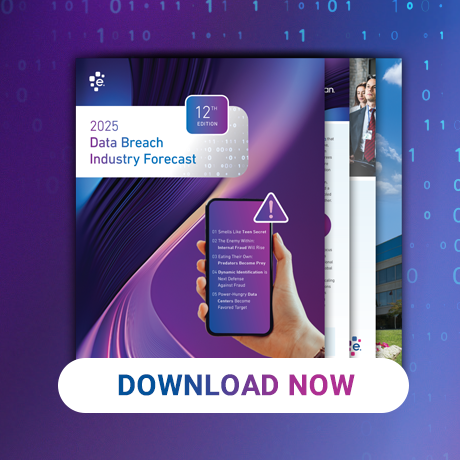Round 1 – Pick your corner
There seems to be two viewpoints in the market today about Knowledge Based Authentication (KBA): one positive, one negative. Depending on the corner you choose, you probably view it as either a tool to help reduce identity theft and minimize fraud losses, or a deficiency in the management of risk and the root of all evil. The opinions on both sides are pretty strong, and biases “for” and “against” run pretty deep.
One of the biggest challenges in discussing Knowledge Based
Authentication as part of an organization’s identity theft prevention program, is the perpetual confusion between dynamic out-of-wallet questions and static “secret” questions. At this point, most people in the industry agree that static secret questions offer little consumer protection. Answers are easily guessed, or easily researched, and if the questions are preference based (like “what is your favorite book?”) there is a good chance the consumer will fail the authentication session because they forgot the answers or the answers changed over time.
Dynamic Knowledge Based Authentication, on the other hand, presents questions that were not selected by the consumer. Questions are generated from information known about the consumer – concerning things the true consumer would know and a fraudster most likely wouldn’t know. The questions posed during Knowledge Based Authentication sessions aren’t designed to “trick” anyone but a fraudster, though a best in class product should offer a number of features and options. These may allow for flexible configuration of the product and deployment at multiple points of the consumer life cycle without impacting the consumer experience.
The two are as different as night and day. Do those who consider “secret questions” as Knowledge Based Authentication consider the password portion of the user name and password process as KBA, as well? If you want to hold to strict logic and definition, one could argue that a password meets the definition for Knowledge Based Authentication, but common sense and practical use cause us to differentiate it, which is exactly what we should do with secret questions – differentiate them from true KBA.
KBA can provide strong authentication or be a part of a multifactor authentication environment without a negative impact on the consumer experience. So, for the record, when we say KBA we mean dynamic, out of wallet questions, the kind that are generated “on the fly” and delivered to a consumer via “pop quiz” in a real-time environment; and we think this kind of KBA does work. As part of a risk management strategy, KBA has a place within the authentication framework as a component of risk- based authentication… and risk-based authentication is what it is really all about.


